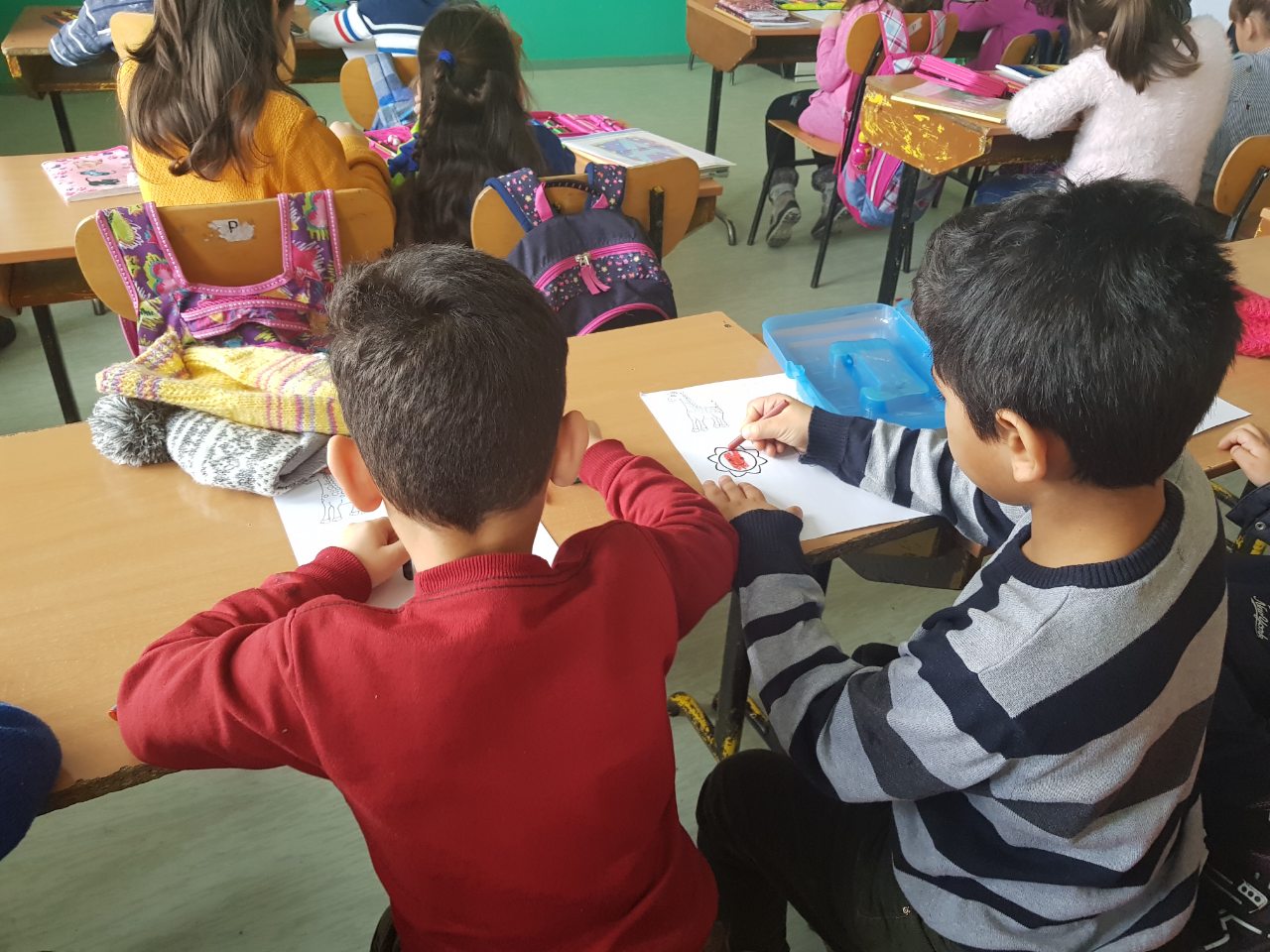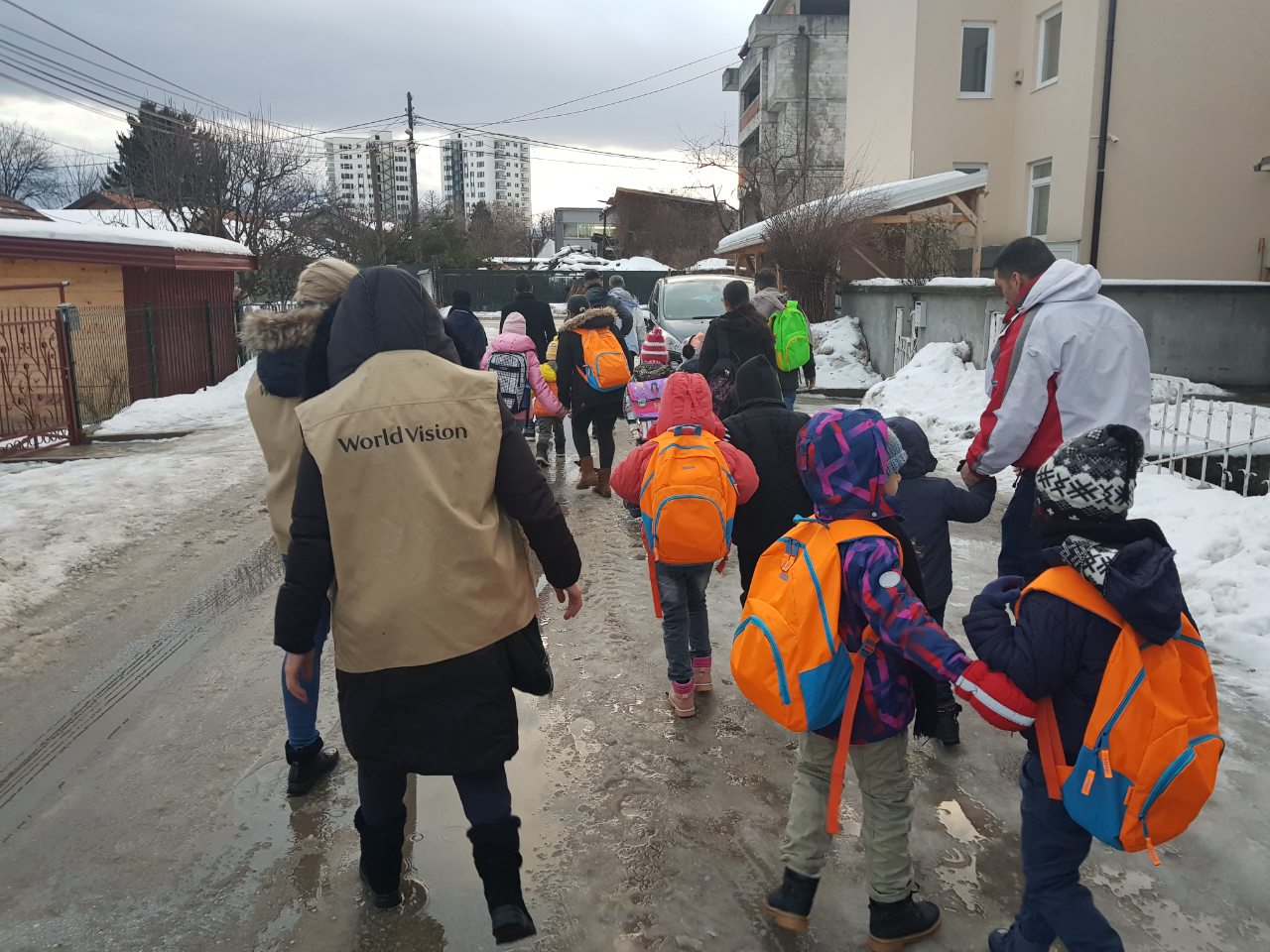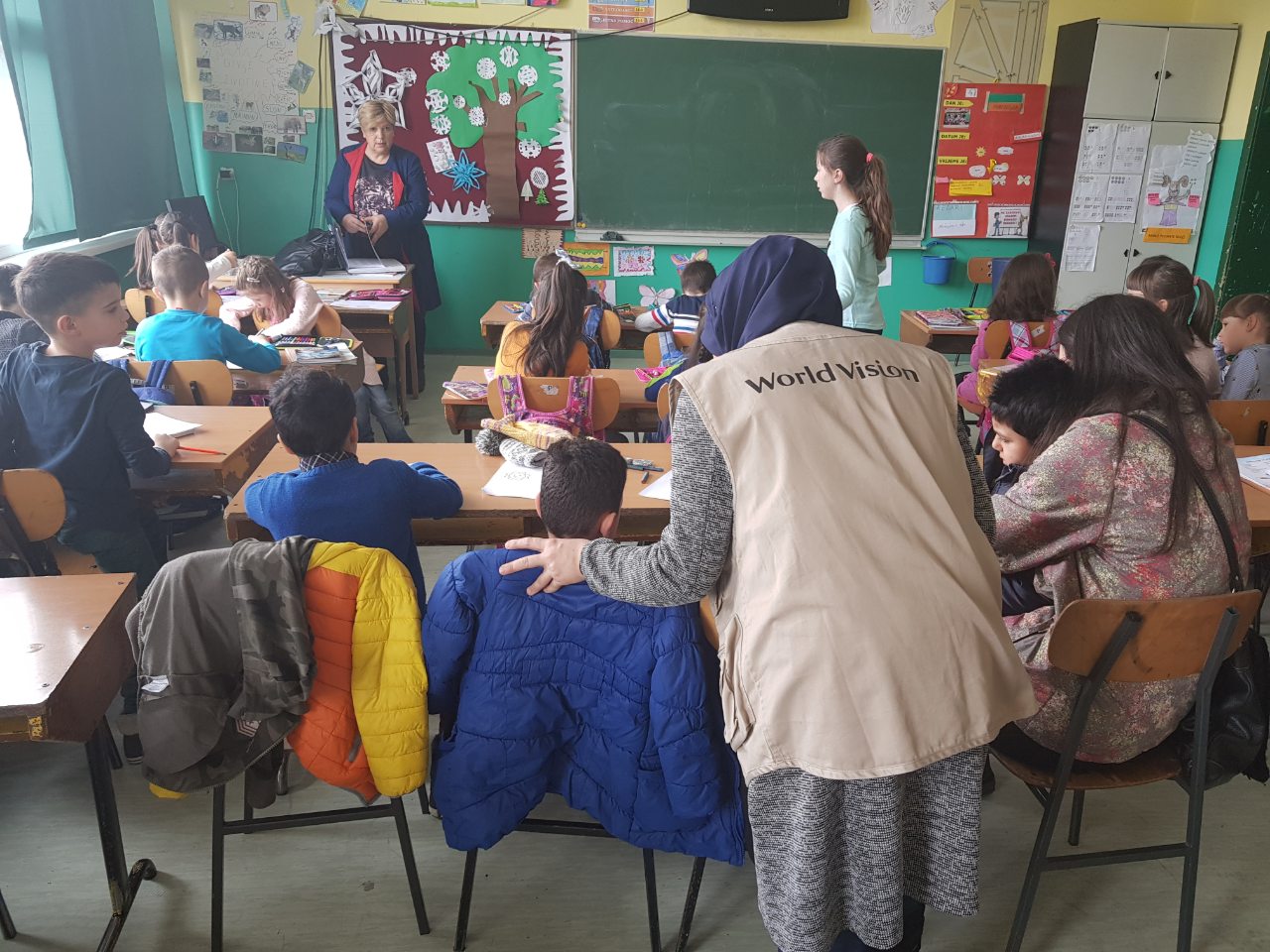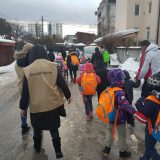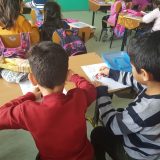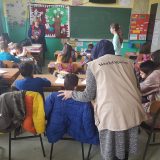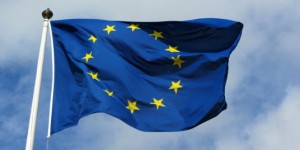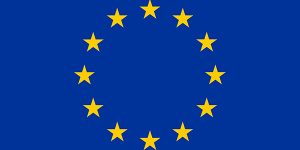Twenty-two migrant and refugee children residing in the “House for All” in Ilidza have been enrolled in the ‘First Primary School’ in Ilidza.
Inclusion in the education system in Bosnia and Herzegovina contributes to overcoming the trauma that these children have experienced and ensures their basic rights are respected. Within the EU funded project “EU support for migration and border management in Bosnia and Herzegovina”, World Vision BiH, in cooperation with UNICEF conducted preparatory activities for the inclusion of migrant and refugee children in the education system in BiH.
Some one hundred migrant and refugee children passed medical examinations, which was one of the main preconditions for involving children in school. Prior to the formal start of classes, the children attending the “Primary School” in Ilidza were provided with preparatory classes.
“They entered the classroom with a little anxiety, but quickly began to socialize with other children. With instructions, the children coloured and drew in Bosnian language class,” said a teacher Munevera Mulagic, after the language class.
For children residing in the “House for All” in Ilidza, a meeting was held during which the parents were informed about the activities leading to inclusion of children in the educational system. For that purpose, interpreters for Persian and Arabic languages, as well as teaching assistants were presented. Some 35 children will additionally be provided with backpacks and school supplies.
Children who reside in the “Ušivak” Acceptance Center in Hadzici will be included in the Primary School “9 May” in Pazaric after conducting legally required medical examinations.
All activities with reference to medical examinations of migrant and refugee children were supported by Ministry of Health, Health-care Ministry of Sarajevo Canton and Medical Center Sarajevo Canton.
The project “EU support for migration and border management in Bosnia and Herzegovina” is funded by the European Union, and implemented by International Organization for Migrations (IOM) in partnerships with UNHCR and UNICEF.

